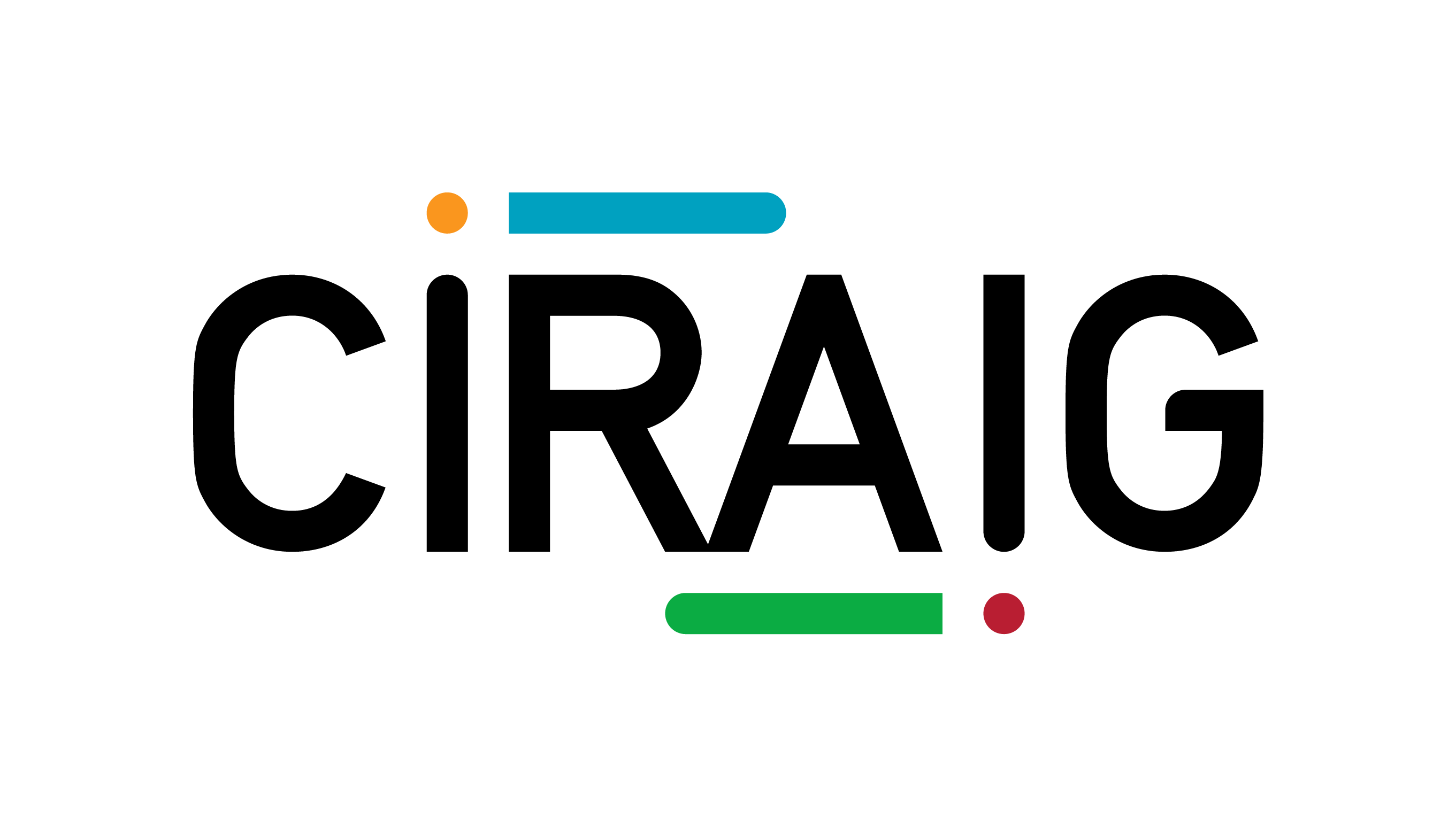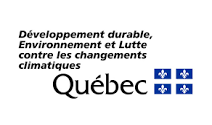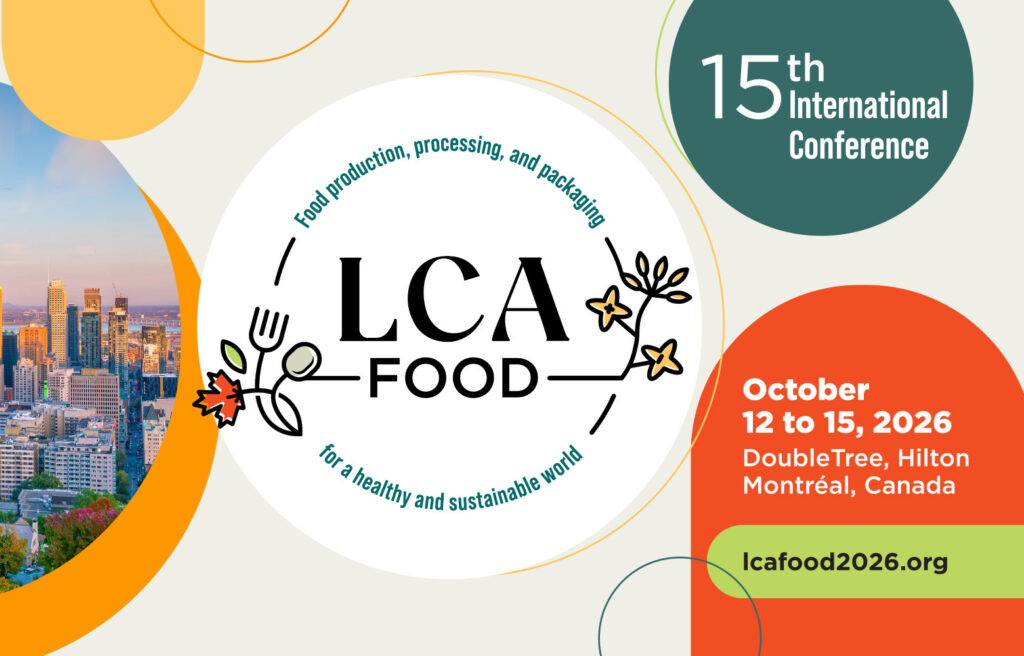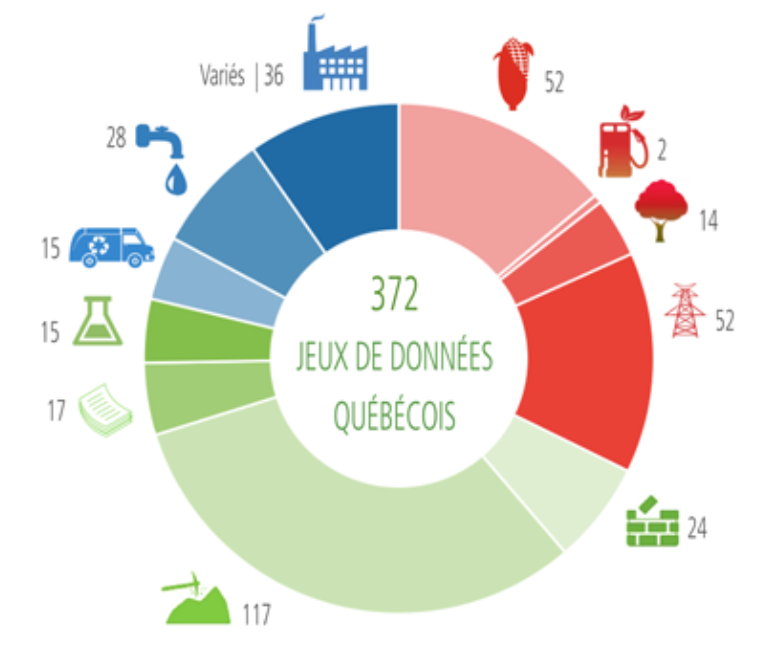
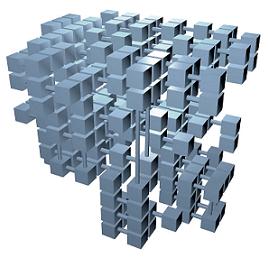
An LCI Database for Quebec
Recognizing the importance of developing a life cycle inventory (LCI) database, the Quebec government (MELCC) awarded a $1.5M grant to the Centre for the Life Cycle of Products, Processes and Services (CIRAIG) for the development of such a database adapted to the Quebec context. This LCI database will support the government’s sustainable development goals and enhance industry competitiveness. The starting point for this 3-year project is a Quebec adaptation of the wolrd-renowned Swiss ecoinvent database beginning with data from three main sectors: energy, mines and metals, and pulp and paper. Thanks to this governmental grant, free support is available to companies wishing to provide data.
For this initiative to become a world-class database, it must ensure the data it contains is reliable, relevant and accurate. This can only be achieved through the active participation and contribution of Quebec LCI data providers from all major industry sectors. With your help, this LCI database will become a reference and provide Quebec with a competitive edge, joining the ranks of other countries including Japan, the U.S, China and some European countries.
372 Quebecois Datasets
508 Global Datasets
Objectives of the Quebec LCI Database
- Promote the lower carbon footprint of Quebec products by promoting the use of hydroelectricity.
- Support industry competitiveness and Québec government leadership.
- Promote the use of decision-making tools based on life-cycle thinking for government and industry.
- Provide reliable, transparent and verified LCI data for Quebec's main sector activities.

Project qualified as a finalist for the Prix Novae 2015
Quebec LCI datasets

PUBLICATIONS
ARTICLE
Lesage, P. and Samson, R. (2013). The Quebec Life Cycle Inventory Database Project. International Journal of Life Cycle Assessment, 8 p. DOI:10.1007/s11367-013-0593-1
PRESS RELEASE
March 23, 2011 – CANADIAN LIFE CYCLE INVENTORY DATABASE – ECOINVENT JOINS THE CIRAIG
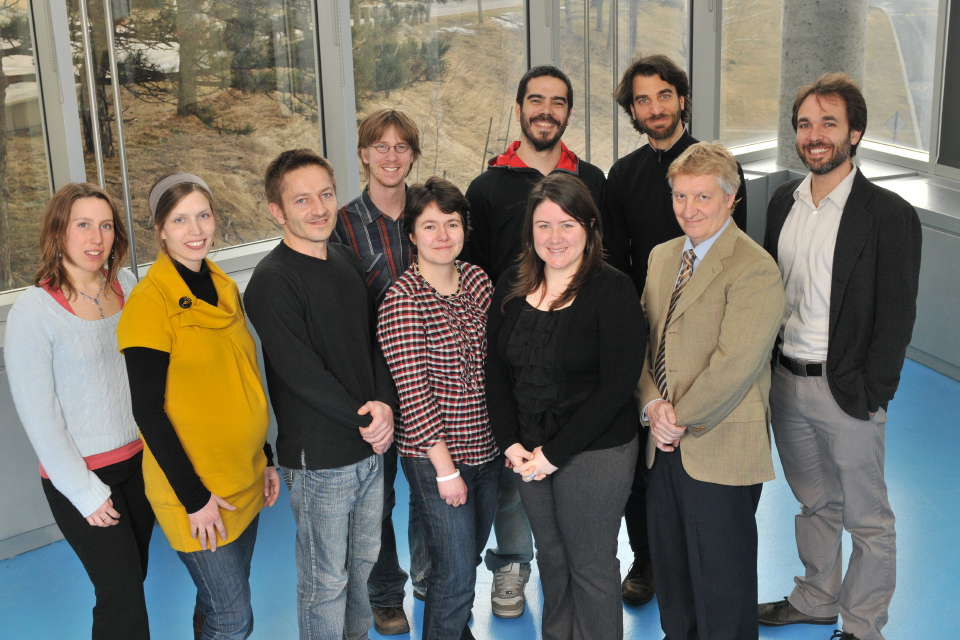
TEAM
From left to right (front): Shirley Fagnen, Gabrielle van Durme, Dominique Maxime, Stéphanie Muller, Catherine Reid, Réjean Samson (Directeur du CIRAIG), Pascal Lesage (Chargé de projet).
From left to right (back): Guillaume Bourgault, Pablo Tirado, Jean-François Ménard.
Not pictured : Valérie Patreau, Geneviève Martineau, Yves Gauthier.
FAQ
Click on the questions below to see the answer
A life cycle assessment (LCA, also known as life cycle analysis, ecobalance, and cradle-to-grave analysis) is a technique to assess each and every impact associated with all the stages of a process from-cradle-to-grave (i.e., from raw materials through materials processing, manufacture, distribution, use, repair and maintenance, and disposal or recycling). LCAs can help avoid a narrow outlook on environmental concerns. This is achieved by:
– Compiling an inventory of relevant energy and material inputs and environmental releases;
– Evaluating the potential impacts associated with identified inputs and releases;
– Interpreting the results to help you make a more informed decision.
The goal of LCA is to compare the full range of environmental impacts assignable to products and services, to be able to choose the least burdensome one. The procedures of life cycle assessment (LCA) are part of the ISO 14000 environmental management standards: in ISO 14040:2006 and 14044:2006. (ISO 14044 replaced earlier versions of ISO 14041 to ISO 14043.)
A life cycle inventory (LCI) is a form of information infrastructure for evaluating the environmental impact of products and services. It includes a collection of interrelated datasets which describe activities related to each life cycle stage of a product or service, including resource extraction, production, distribution, use, disposal or recycling. Each dataset describes the inputs and outputs from and to the environment (e.g.: resource extraction and emissions to air, water and soil) as well as those to and from other activities (e.g.: goods and services flowing from one activity to another). When interrelated, these datasets provide a global picture of all the inputs and outputs associated with a good or service.
All industrial sectors contributing to Canada’s economy should be characterized in the LCI database project. Here are a few :
• Aerospace
• Agriculture and agrofoods
• Automobile sector
• Construction
• Entertainment
• Electronics
• Energy
• Environment
• Mining
• Industrial production
• Forestery
• Genomics
• Engineering
• Pulp and paper
• Public and governmental services
• Financial services
• Information and communication technologies
• Light metals
• Multimedia
• Pharmaceuticals
• Chemical products
• Packaging products
• Health care
• Textiles
• Transport and logistics
• Tourism
Rather than starting from scratch to develop its LCI database, the CIRAIG decided to launch this initiative in partnership with the ecoinvent Center, and build upon the most renowned LCI database worldwide, the ecoinvent database, whose characteristics include the following:
– Datasets are available at a transparent, disaggregated level, a necessary condition for adaptation and continuous, decentralized peer review.
– Very comprehensive international LCI database, covering over 4000 unit processes.
– Included in the leading LCA software.
– All datasets are fully documented and referenced and reviewed by independent experts before their publication, ensuring data quality.
– Applies a consistent methodology.
– More than 2 500 users in over 40 countries worldwide.
– Included in the leading LCA software.
In addition, the ecoinvent Center:
– Is currently working on data globalization,in line with this initiative.
– Supports, financially and technically, national database initiatives.
There are many reasons why collecting and supplying LCI data can be beneficial: – Show your organization’s environmental commitment and leadership. – Gain insight into the life cycle impacts of your products and supply chains. – Gain access to environmental data for other purposes (Carbon Disclosure Project, Global Reporting Initiative and Corporate Sustainability Responsibility reporting). – Reduce future costs for your LCA studies. – Ensure that the datasets in the Canadian LCI database are accurate and reliable. – Track your organization’s improvements: you can easily change the supplied dataset each year. – Possibility of developing “branded datasets” including your company’s logo (for a fee). – Confidentiality of sensitive data ensured. – Gain access to strong LCA expertise from the CIRAIG and its partners. – Gain access to a free fact sheet outlining your product cradle-to-gate environmental impacts (developed by CIRAIG).
The steering Committee is made up of professors, researchers and research officers of the CIRAIG, located at École Polytechnique de Montréal. The group will undertake the colossal task that is data collection. Thanks to our partnership with ecoinvent, the team will be able to rely on Swiss expertise relating to the technological infrastructure, technical support, as well as validation, compilation and distribution of the compiled datasets.
The ecoinvent data submission system is simple, and the CIRAIG and its partners can assist you at each step (free for Quebec organizations, thanks to the MELCC grant). All submitted data goes through a free review by experienced, independent editors. The submission process includes the following steps:
1. Submission file creation The data provider must gather the necessary data, consisting of process inputs, outputs and emissions. Datasets should be consistent, transparent and on a unit process level. Authors can download the free ecoEditor software to create the submission file. The data collection process must be documented. Online documentation guidelines are available for this step. Copyright remains with the author.
2. The submission goes through the free editorial process The dataset is reviewed by three independent experts, including one in the corresponding field, to maintain quality and check for errors or inconsistencies. Comments and requests for corrections are directly loaded to the author’s ecoEditor installation, where they can be viewed and answered case by case. Once all editors are satisfied, the dataset is accepted for publication.
3. Further steps after acceptance The dataset will be included in the next release of the ecoinvent database where it will be used by thousands of sustainability experts.
Sensitive data remains confidential.
Make an impact, become a data provider
The data submission system is free. Quebec organizations can obtain support for their data collection and data submission efforts from the CIRAIG or the ecoinvent center for free.
If you are interested in providing data to this Quebec LCI database initiative (or the Canadian LCI database), please contact us.
To submit data directly to ecoinvent, please contact: support@ecoinvent.org.
